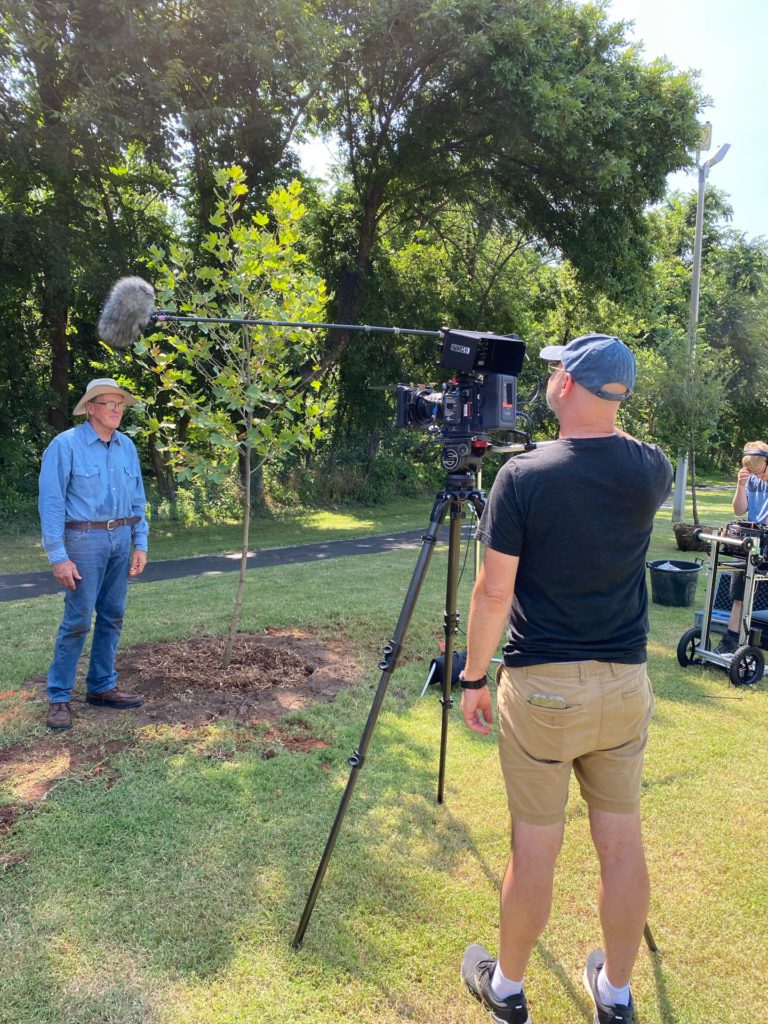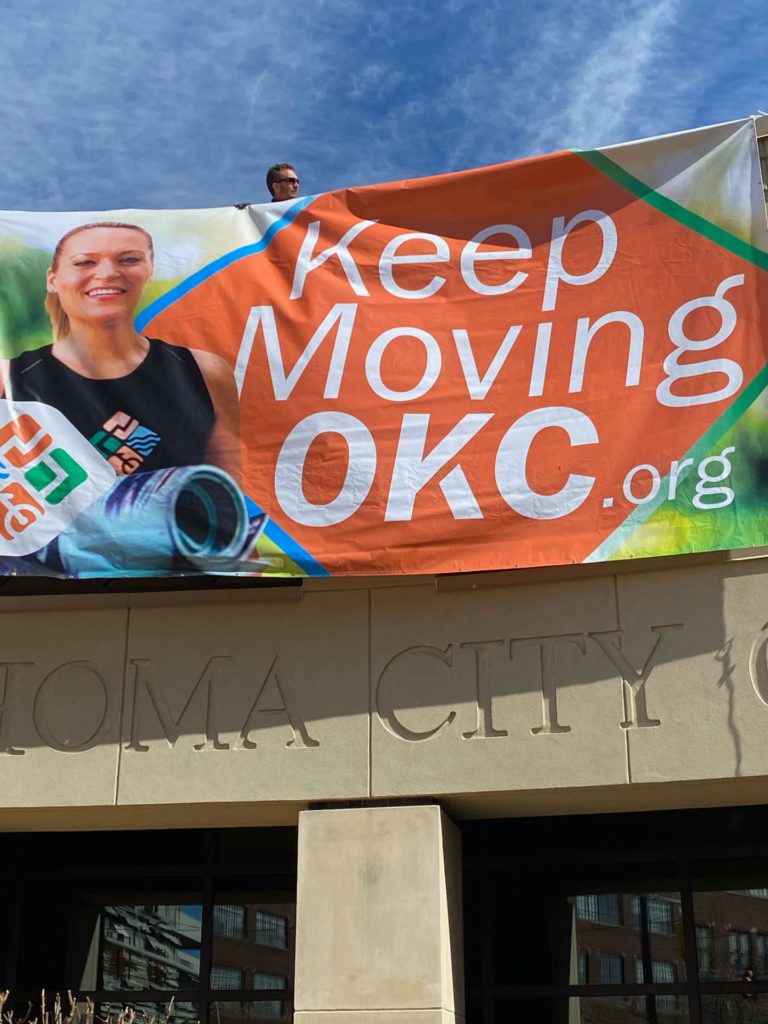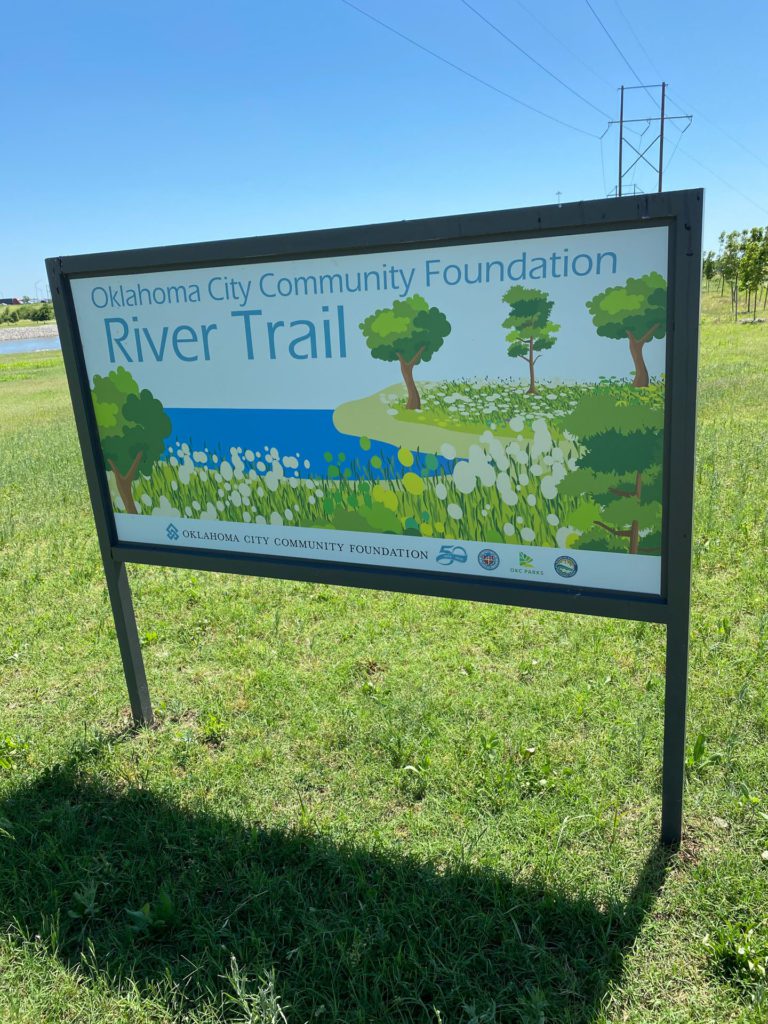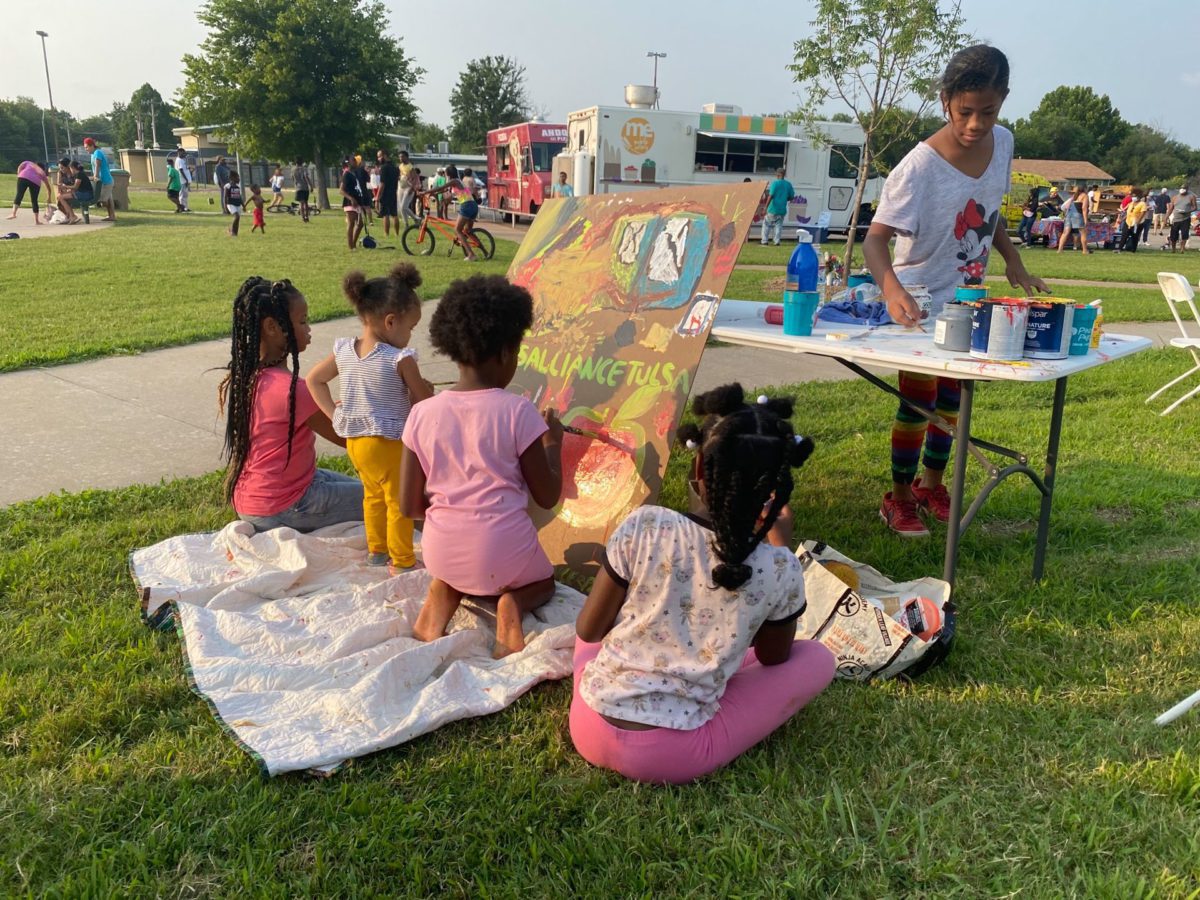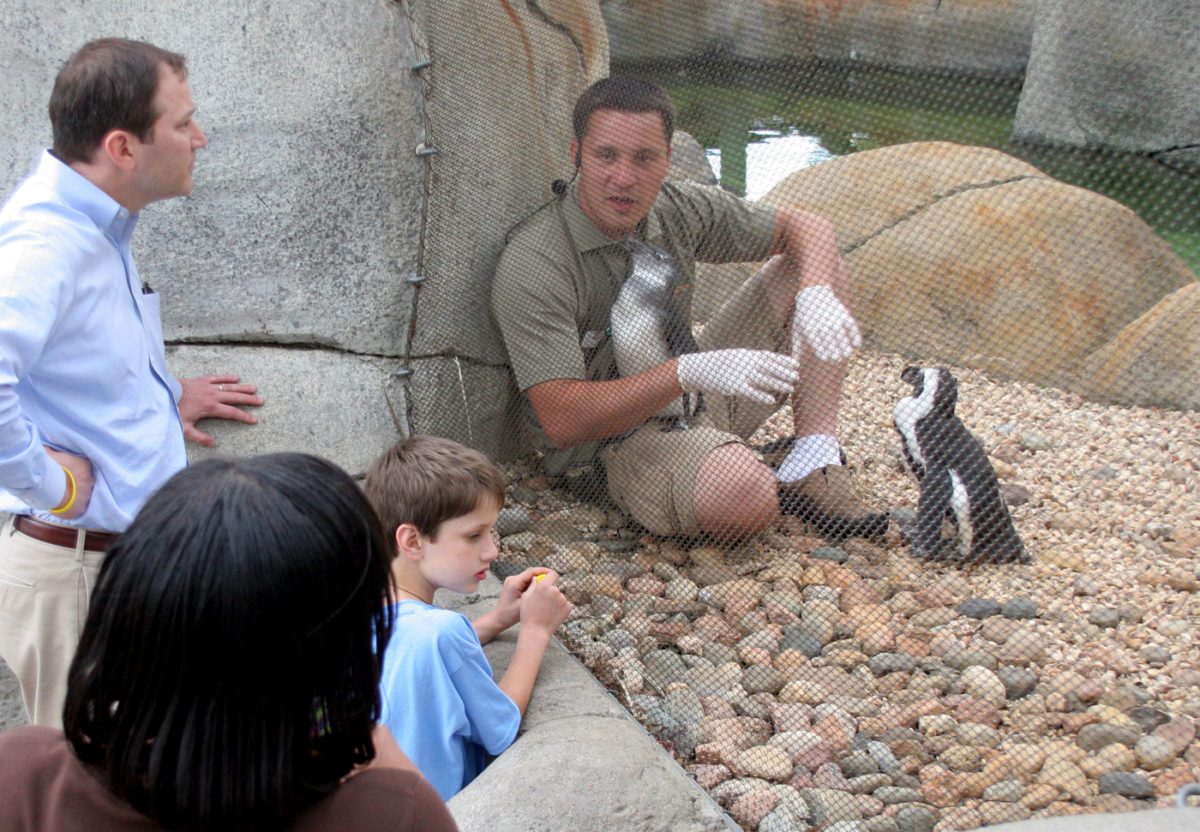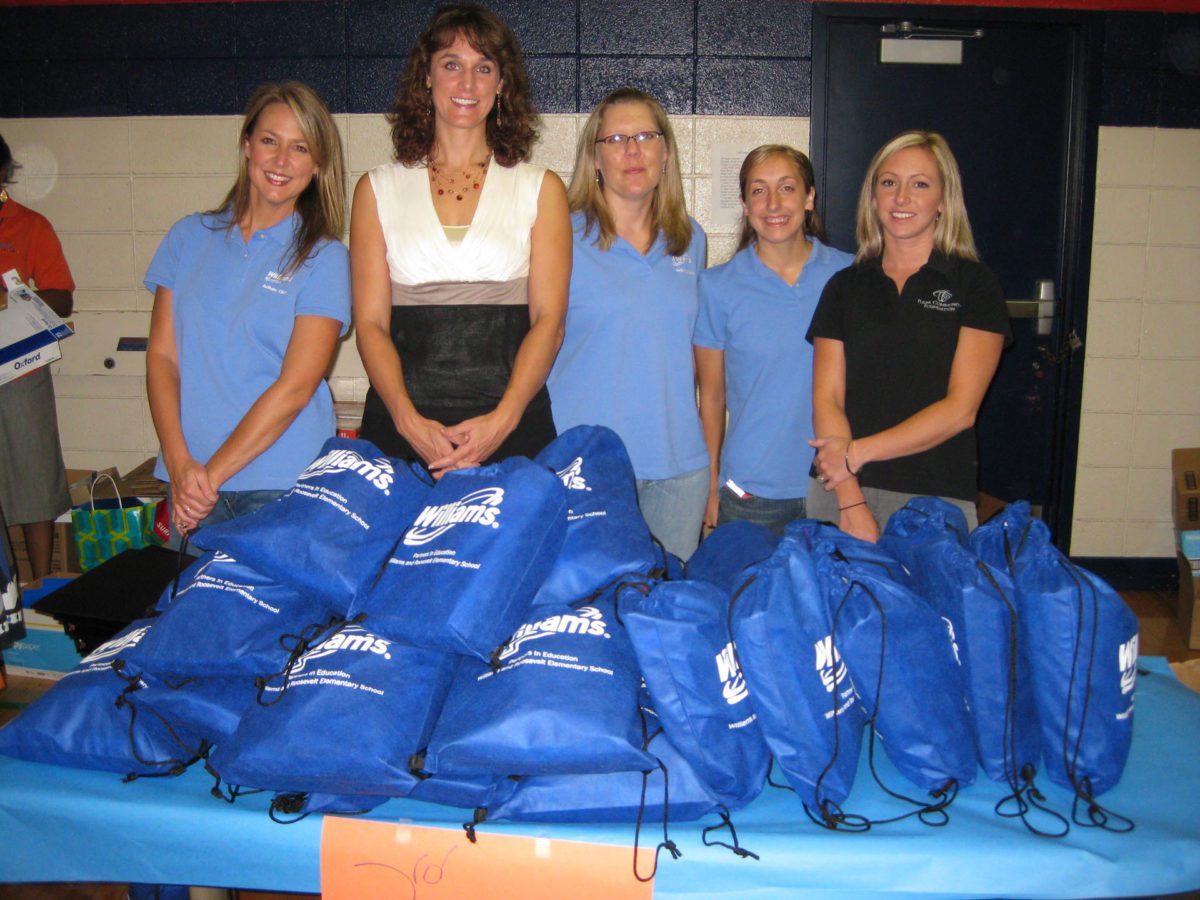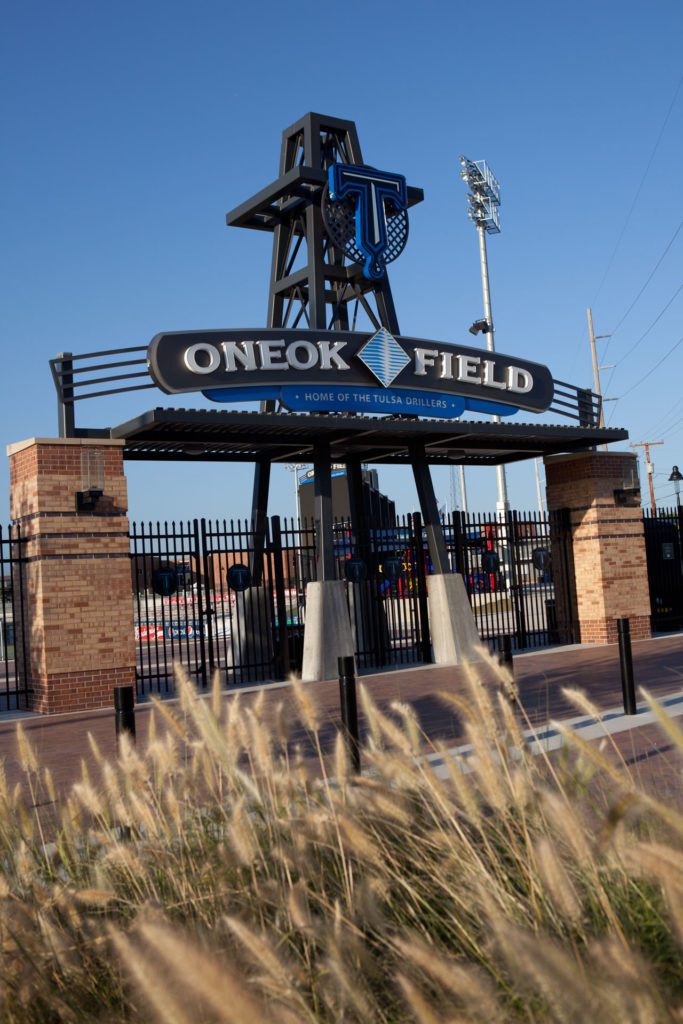In 1914, Fred Goff established the first community foundation in Cleveland with the intention of serving the greater good. Since then, Goff’s concept has spread throughout the country, leading to the creation of over 750 similar foundations.
In our state, the Oklahoma City Community Foundation and the Tulsa Community Foundation have become the two largest groups of their kind in the state. Both share similar missions: to promote philanthropy and oversee charitable efforts, such as making grants, creating endowments and rolling out community-based initiatives.
OCCF
The OKC Community Foundation (OCCF) broke ground as the state’s first community foundation in 1969. The founder, John Kirkpatrick, was a World War II veteran and owner of Kirkpatrick Oil Co., who, like Goff, was passionate about helping others.
“He wanted to provide a … way for people who had the ability to support things in the community over time to do so, and to do it efficiently and effectively,” says Nancy Anthony, current president at OCCF.
Originally, Kirkpatrick put $10,000 into four bank trust deposits, and by the end of the fiscal year, the value of the foundation’s assets had risen to $45,299. As of 2021, the foundation manages 1,800 different funds, with its assets totaling over $1.6 billion. Anthony credits the generosity of hundreds of donors and the foundation’s investment practices as the reasons for its growth.
Over the last 52 years, OCCF has rolled out several initiatives that aim to address the community’s greatest needs. In 1991, the foundation received a donation from Margaret Anis Boys with clear instructions to use it for beautifying Oklahoma City’s parks, trails and public lands.
With her gift, the foundation has planted over 800 trees along walking trails, and recently worked with 65 neighborhood groups to plant 70,000 daffodil bulbs across the city.
“We had a horrible ice storm in October of last year, and it took out a lot of our older trees,” says Anthony. “We’re going through a process in the next two or three months to plant almost 400 trees.”
In 1995, the foundation created a scholarship program for surviving family members and children of the people who were killed or disabled in the bombing of the Murrah Federal Building in Oklahoma City. Since then, the foundation has expanded to offer 115 different scholarship programs, supporting nearly 800 students each year.
OCCF also provides funding to over 360 local nonprofits and charities through the creation of endowment funds. OCCF invests these funds into the markets and distributes a percentage of their earnings back to nonprofits directly.
“In 1985, there were relatively few organizations in Oklahoma City that had endowments,” says Anthony. “Now, we have close to $200 million in not-for-profit endowment funds here.”
Photos courtesy OCCF
TCF
Over 100 miles away, the Tulsa Community Foundation (TCF) provides the same financial support to donors and organizations while focusing on meeting Tulsa’s specific needs. At the behest of George Kaiser, TCF was founded in 1998, and initially had $117,000 worth of assets.
Although TCF is relatively new in comparison to other community foundations, it has seen enormous growth.
“We’re the second largest community foundation in the country,” says Phil Lakin Jr., who serves as both the City Councilor for Tulsa District 8 and the chief executive officer at TCF. “Giving to others has always been a hallmark standard of Tulsa.”
Now, the foundation manages over 2,000 funds with its assets valued at approximately $5.7 billion. The foundation also oversees 250 endowment funds, and it has distributed nearly $3 billion toward charitable purposes since 1998.
In the spirit of enhancing the community, leadership at TCF has undertaken an abundance of initiatives. In 2010, the foundation worked to facilitate the privatization of the Tulsa Zoo, which has been critical to its development, according to Lakin.
“There’s a master plan and a vision,” he says, “and that has really changed the whole dynamic of the zoo.”
Five years later, TCF spearheaded Arts Alliance Tulsa, a nonprofit that provides financial support to over 40 arts organizations throughout the city. The foundation also rolled out a program called 501tech that repurposes donated hardware and delivers software and technological support to nonprofit organizations.
“It’s a turn-key solution for nonprofits with their technology needs at pennies on the dollar,” says Lakin. Through 501tech, the foundation has served over 225 organizations, refurbished 1,700 PCs and 1,300 monitors, and fulfilled 30,000 service requests.
The foundation also manages Supplied for Success, a program that provides high-quality school supplies to pre-kindergarten through fifth grade students attending Tulsa Public Schools and Union Public Schools. For the 2021-2022 school year, TCF will donate school supply kits to 21,844 students, an act that can alleviate stress for working families and prepare students for their coursework.
At the heart of TCF are the many donors and organizations that have contributed to its mission.
“We have such generous individuals, corporations, and foundations … in our city,” says Lakin. “We connect donors to charities that they may choose to support, and really introduce them to new ways of giving, new places to give, and other things that just make the whole charitable giving process for any one of us more meaningful in the end.”
Photos courtesy TCF unless otherwise marked
























